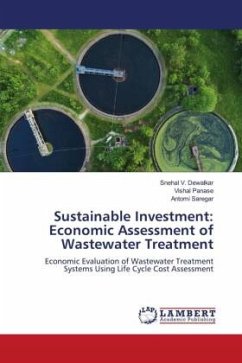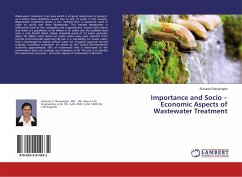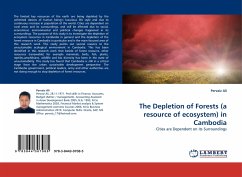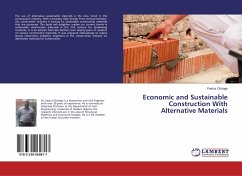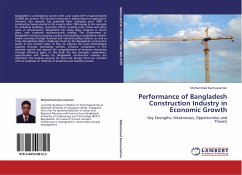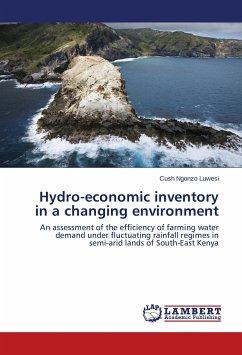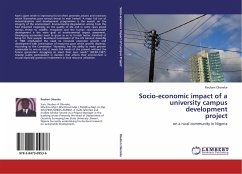The economic impact of inadequate sanitation is a barrier to progress, constituting 6.4% of GDP globally (UNICEF and WHO). As wastewater generation rises due to improved living standards, effective wastewater treatment becomes crucial. While advanced water recycling technology minimizes environmental impact, its life cycle cost involves notable energy, chemical and electromechanical usage. This study employs Life Cycle Cost Analysis to develop a decision support tool, evaluating three key treatment technologies (ASP, MBBR and SBR) for wastewater treatment based on economic efficiency and environmental impact. The aim is to guide decision-makers in selecting economically sustainable wastewater treatment systems.

